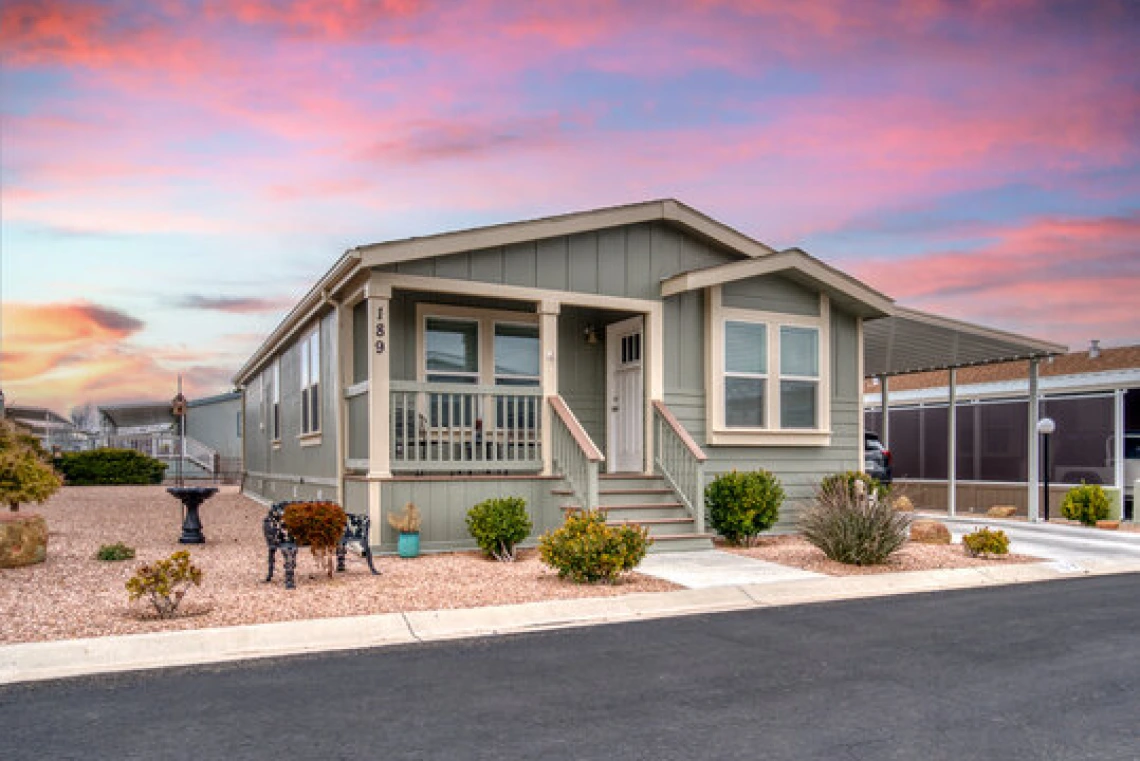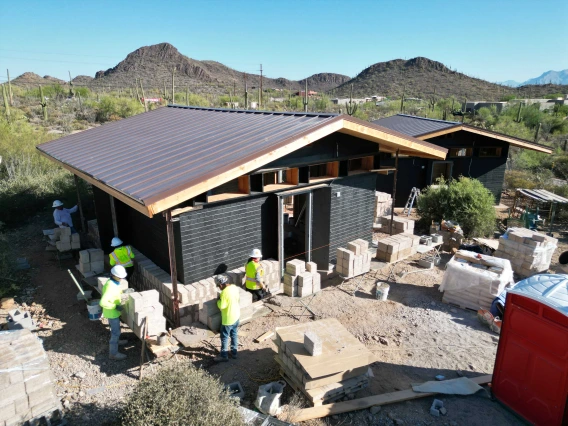CAPLA professor’s research sheds light on manufactured housing and heat vulnerability

CAPLA Professor’s Research Sheds Light on Manufactured Housing and Heat Vulnerability

New research from Associate Professor of Planning Philip Stoker highlights how residents of mobile and manufactured housing are at risk of extreme heat in Arizona’s urban areas and why these communities are uniquely vulnerable.
The article titled “Extreme heat vulnerability of manufactured housing in arid urban environments” was recently published in Urban Studies.
“Mobile and manufactured housing represent a substantial portion of housing in Arizona and are different than apartments, condos and single family residential properties in that residents and owners do not own the land the housing is located on,” Stoker said.
As a result, they are unlikely to make investments in vegetation and irrigation on their properties.
“It can make a difference of several degrees for both surface temperature and indoor temperature,” he said. “This cooling effect of nearby vegetation can make an area more livable as well as reduce cooling costs.”
He noted that the degree of cooling depends on factors like the amount of shade, the distance of vegetation from buildings and what kinds of surfaces are present in the landscape.
The study’s broader implications are aimed at policymakers and city leaders who could use this as evidence to support new policies.
“Since the residents of manufactured housing don’t own the land, incentives can be provided to owners of manufactured housing parks to plant more trees and vegetation,” Stoker said. “Vegetation on city-owned properties adjacent to manufactured housing parks and parcels will also be of benefit to the residents.”
Stoker acknowledged there are challenges with implementing these policies, especially in cities that have to prioritize water conservation.
“There are known limitations and challenges to city-led vegetation and tree initiatives, especially related to water conservation and maintenance, but these policies are likely to have tangible benefits for reducing extreme heat,” he said.
This research contributes to a growing body of evidence that urban greening can be a crucial tool for resilience in the face of rising temperatures.



